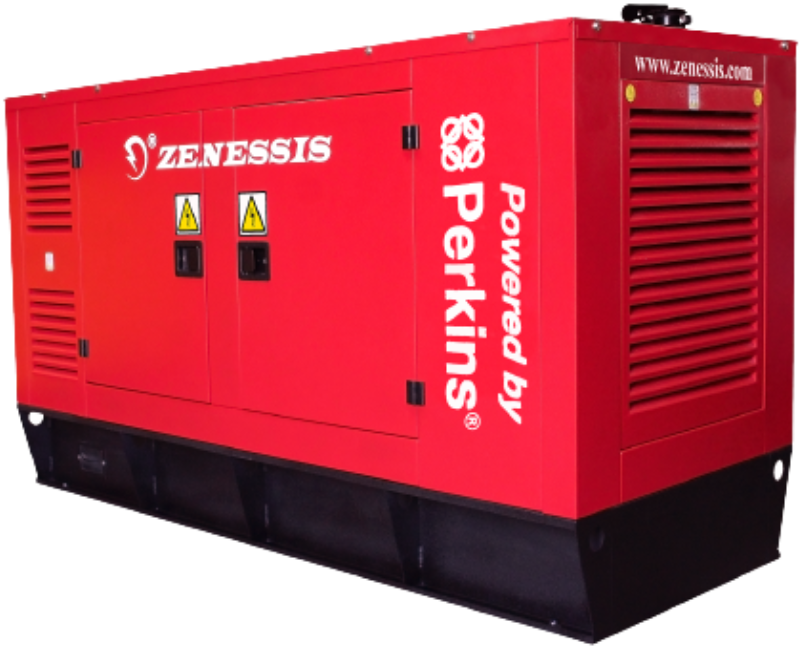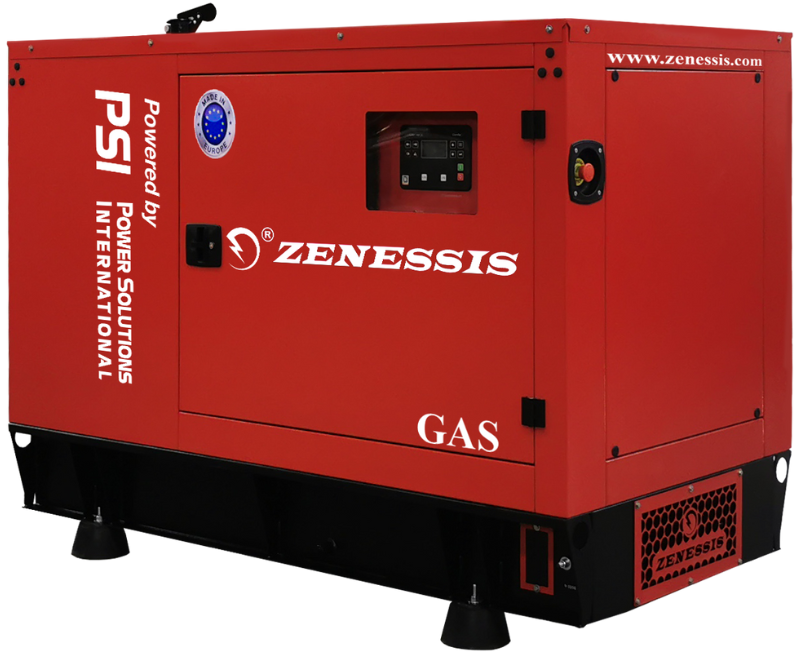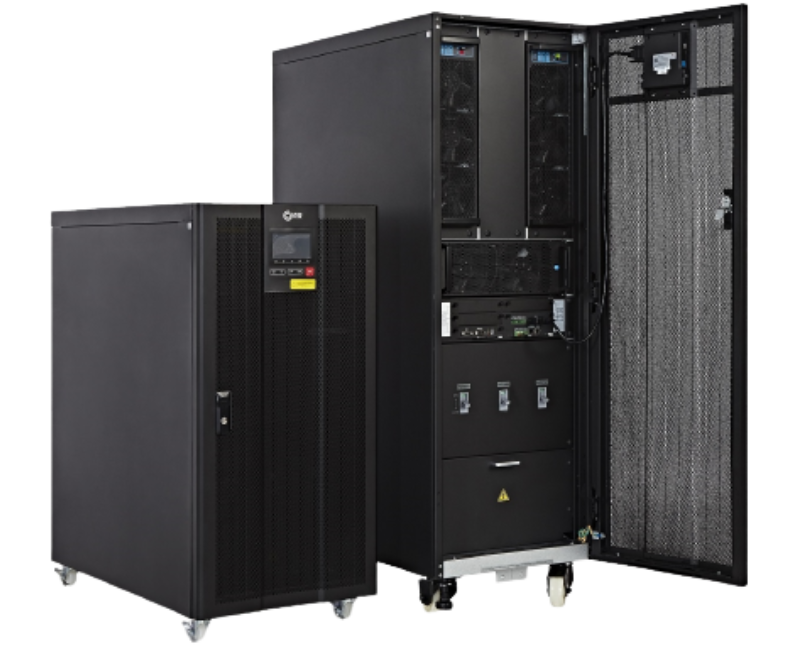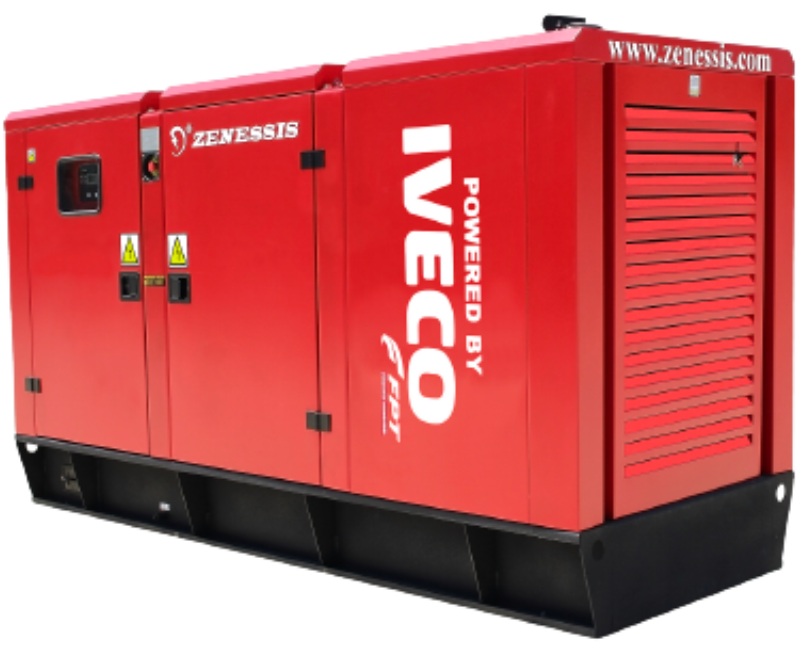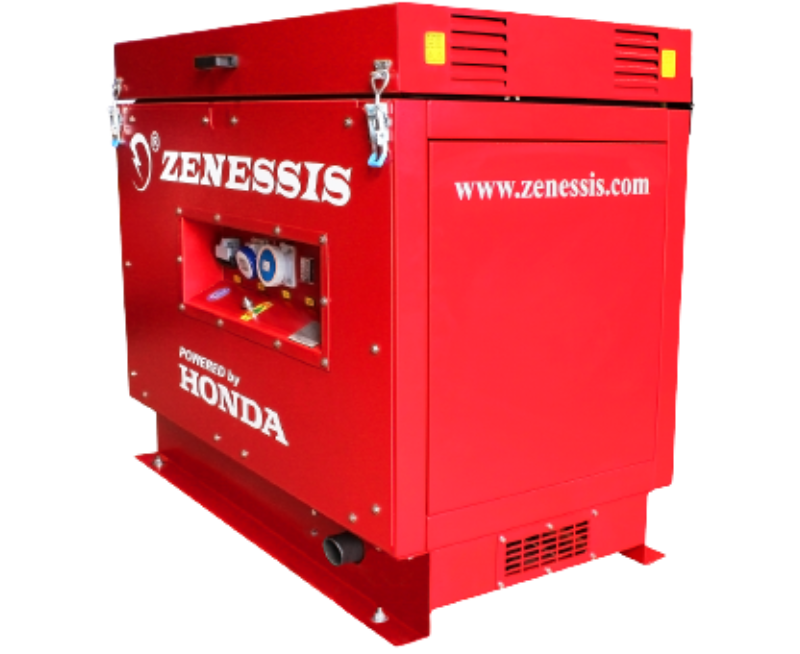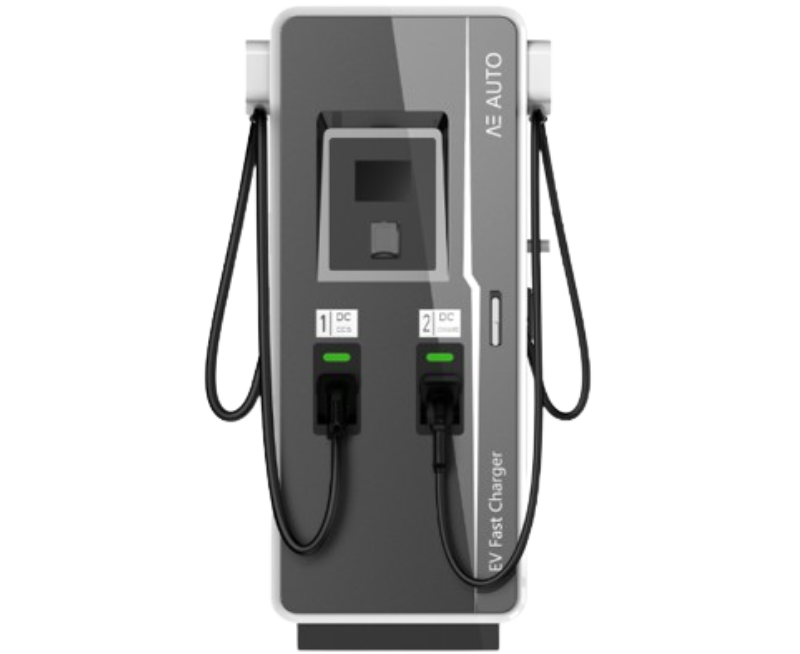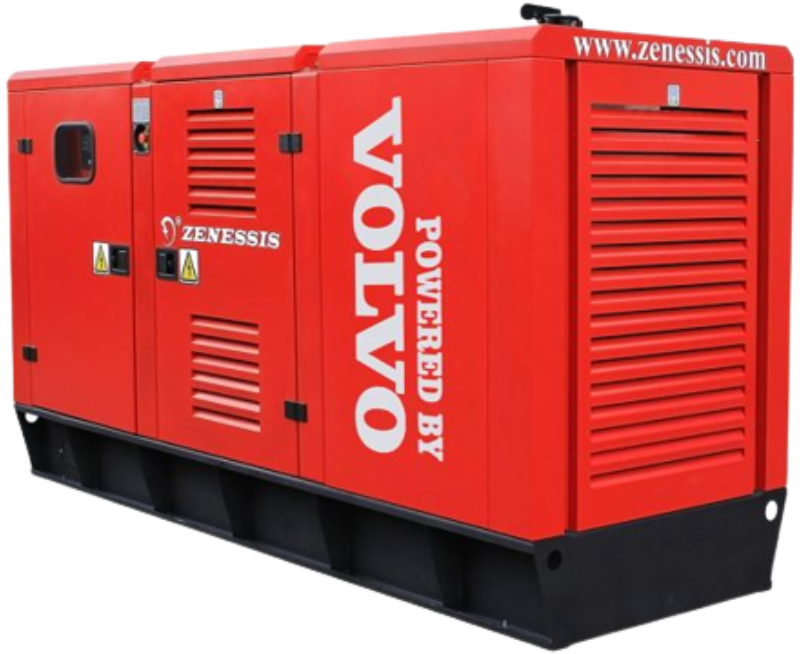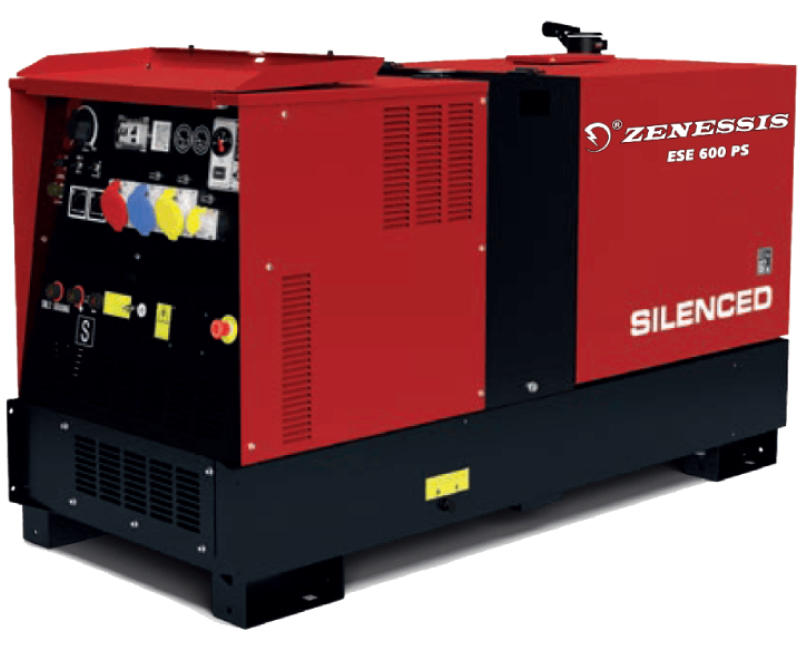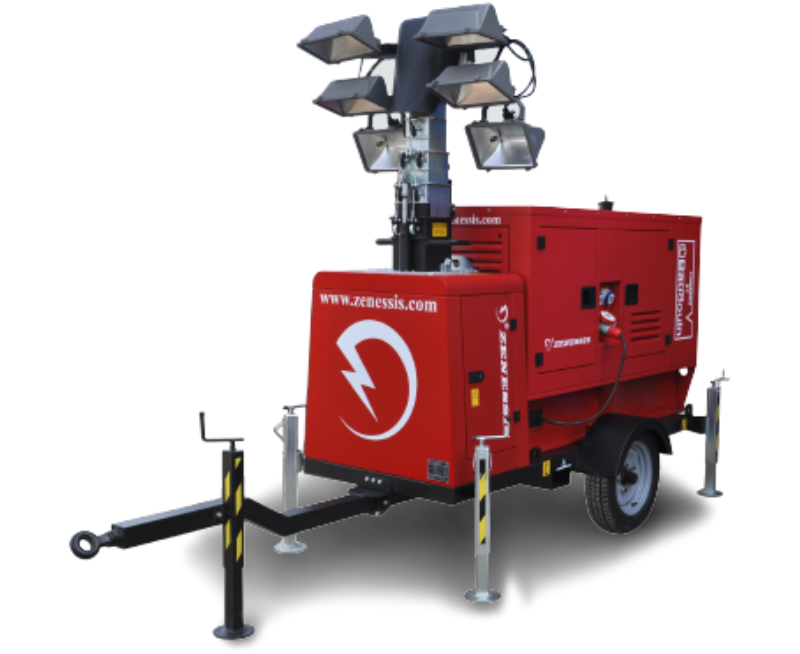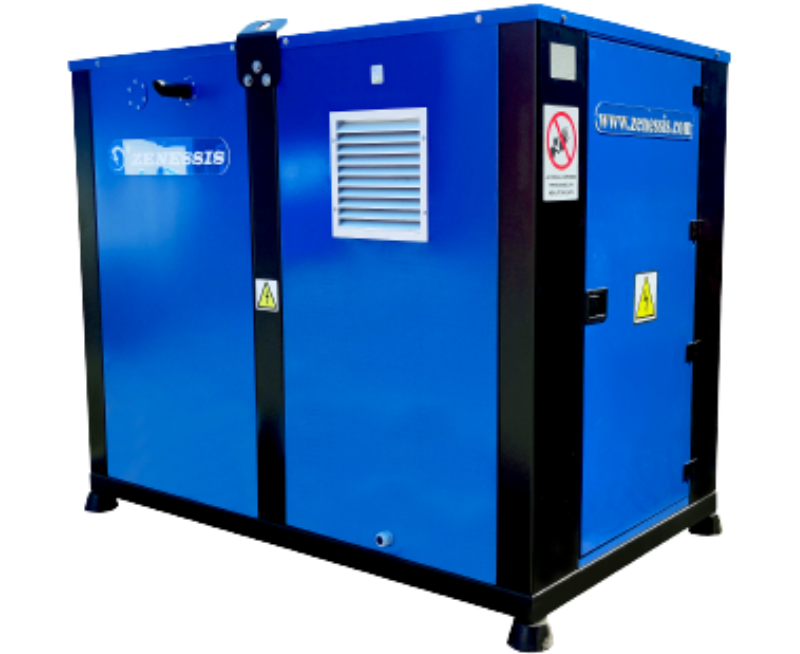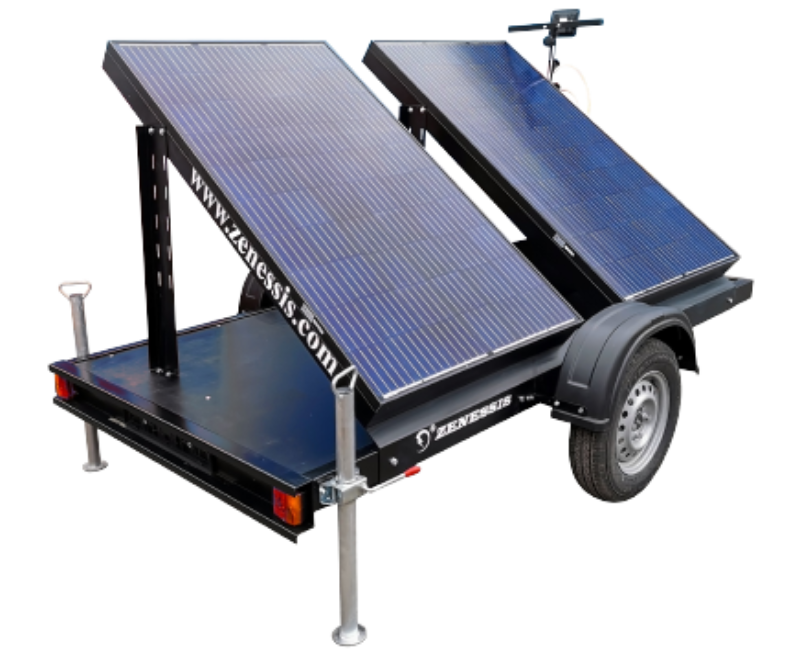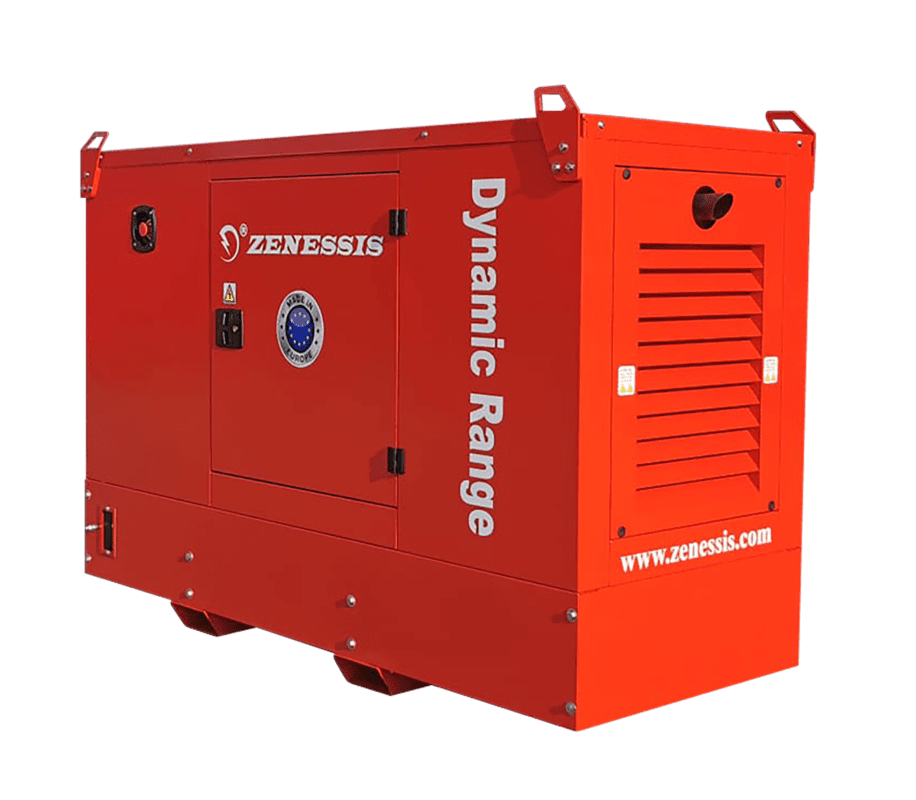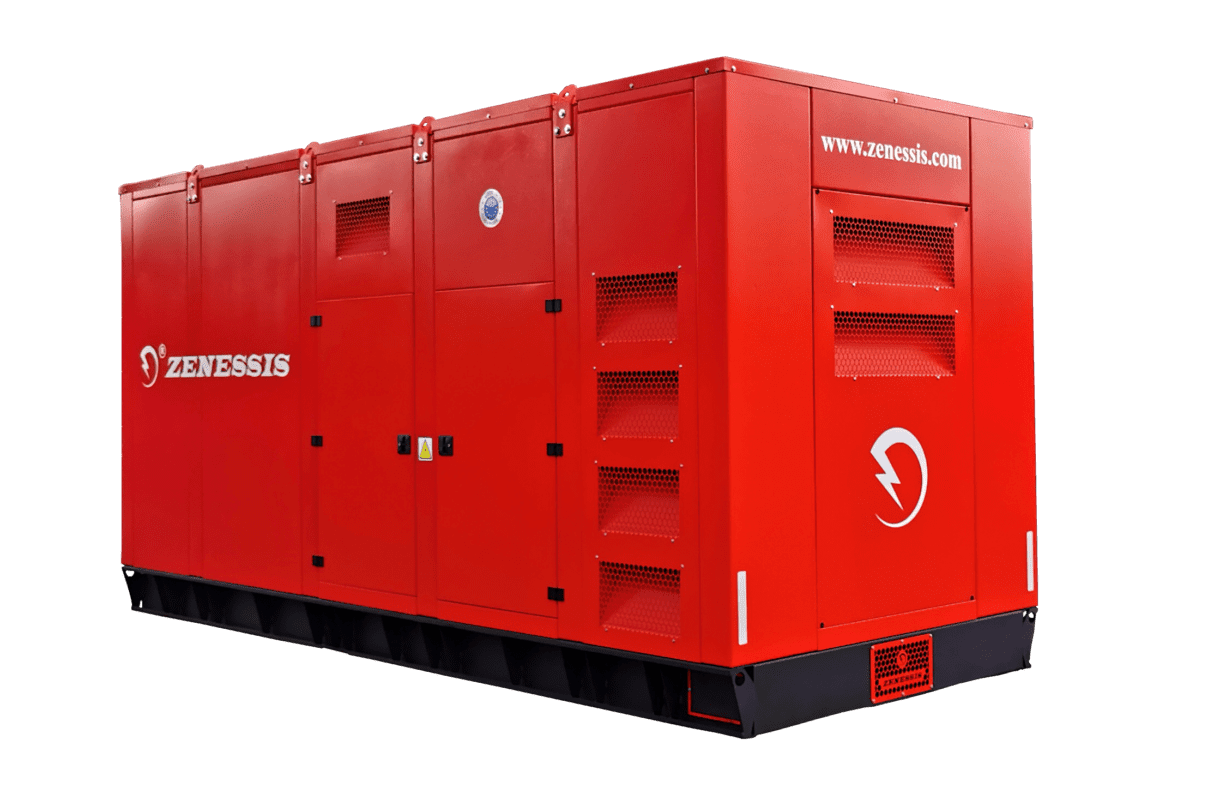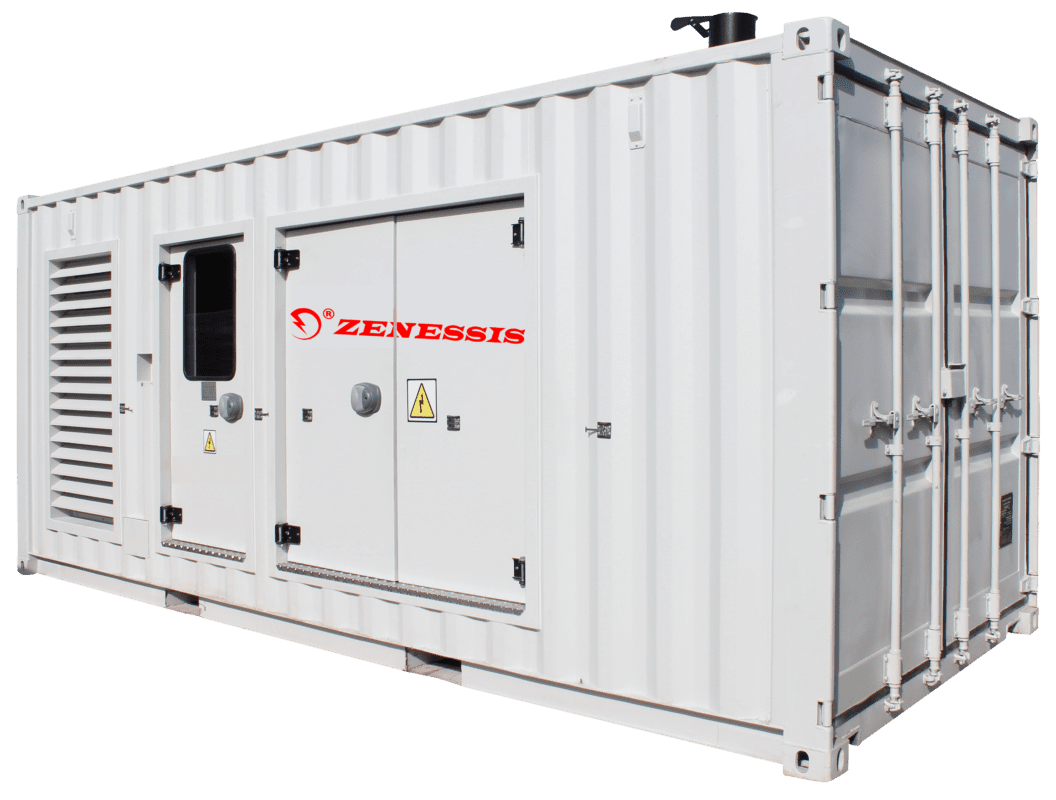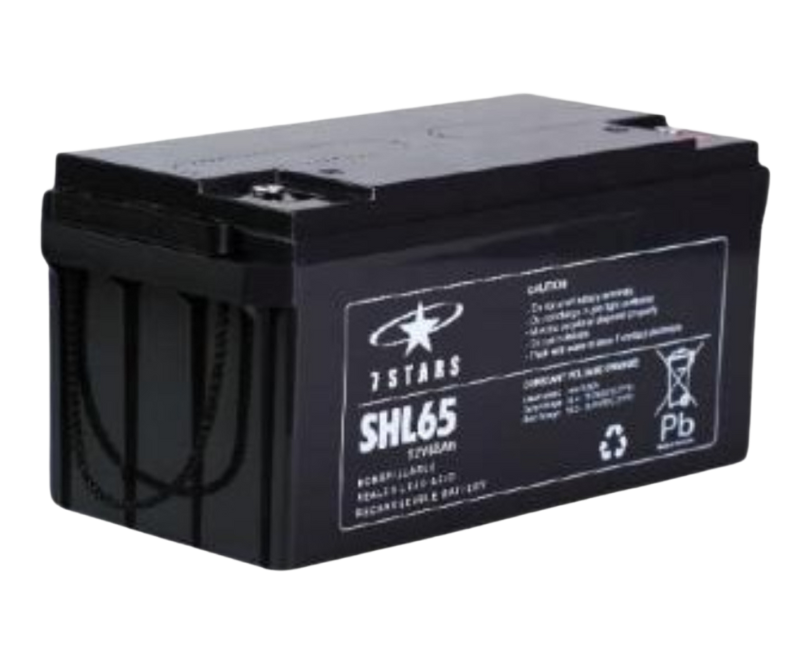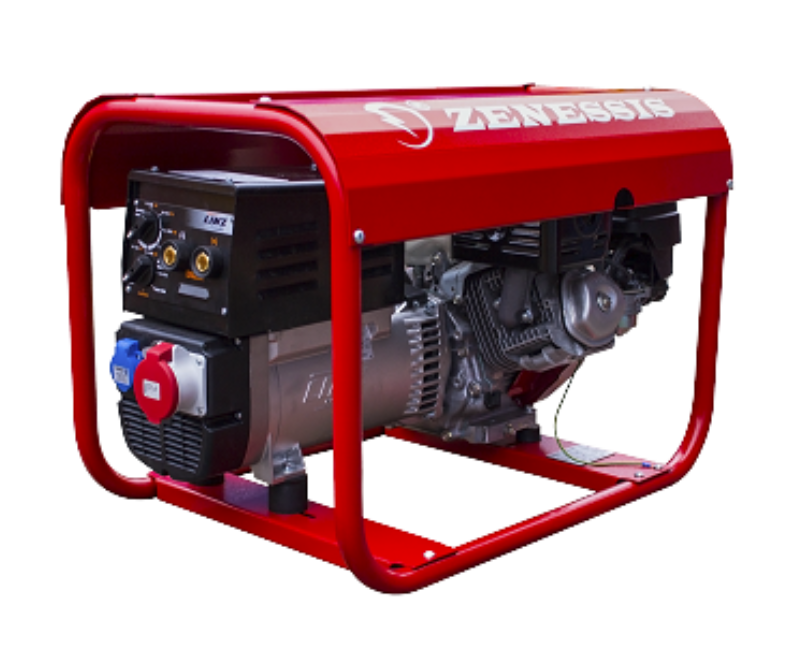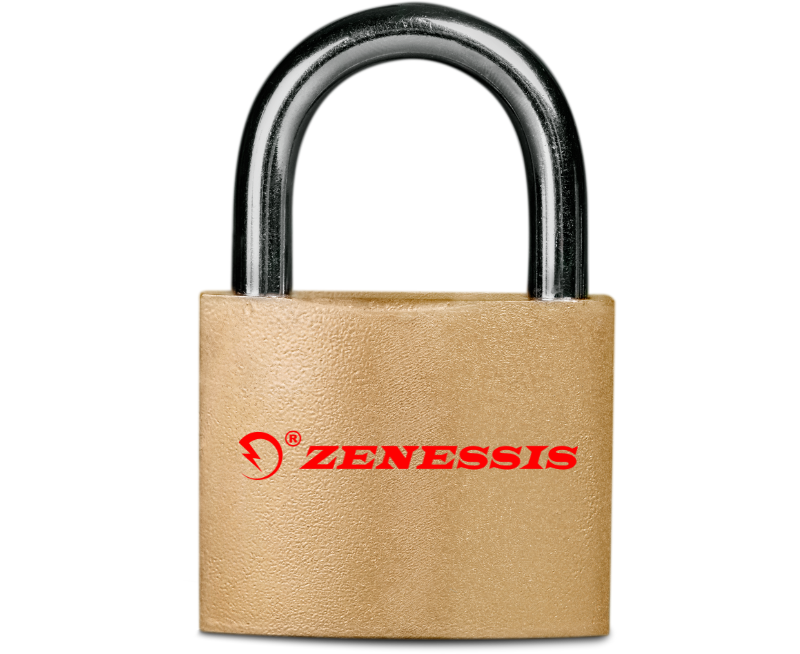10 Essential Questions to Ask Before Choosing an Industrial Generator
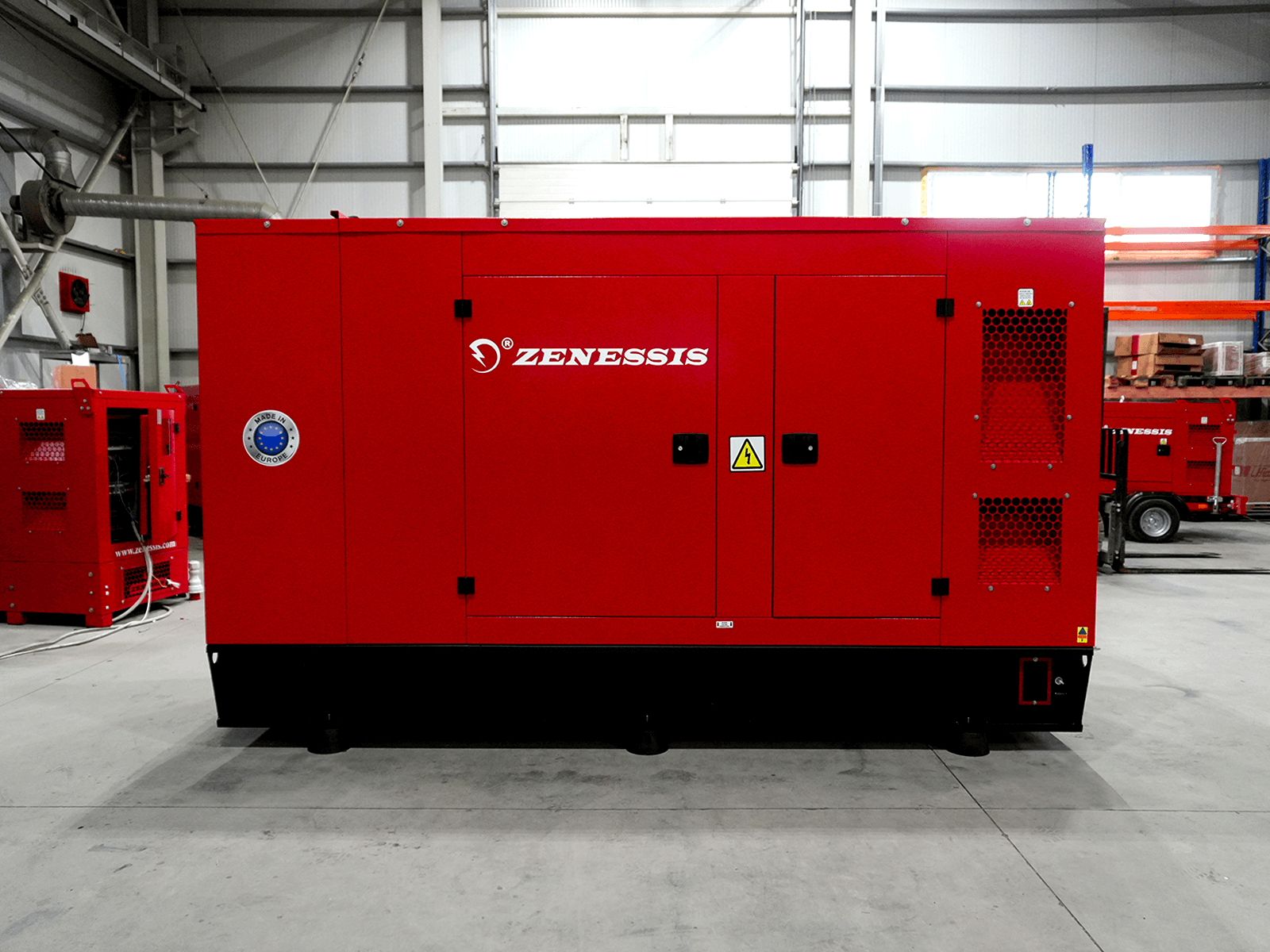
Choosing the Right Generator Starts with the Right Questions
From telecommunications and data centers to hospitals, factories, or construction sites, an industrial generator is the backbone that ensures business continuity when the public power grid fails.
But how do you choose the right generator? The market is full of options—from obscure brands to certified solutions like Zenessis, a manufacturer with a strong tradition in Romania and Germany, backed by over 100 years of experience in generators and UPS systems.
In this guide, we present 10 essential questions that will help you make an informed decision and avoid technical or budgetary pitfalls. Whether you’re a project manager, engineer, entrepreneur, or IT manager, these questions apply regardless of your business size.
1. What Power Output Do You Need?
This is probably the most overlooked, yet the most critical question. The generator’s power must match the total consumption of your equipment, with a small safety buffer (recommended: 20–30%).
Understanding the difference between kW (kilowatts) and kVA (kilovolt-amperes) is essential:
- kW represents the actual power consumed.
- kVA is the apparent power, influenced by the power factor (cos φ).
👉 For example, a Zenessis 100 kVA generator provides around 80 kW of real power if the power factor is 0.8.
2. Is It for Continuous Use or Just Backup?
Generators fall into three operating categories:
- Standby – only runs during outages (backup), typical for offices or telecom networks.
- Prime – for daily use with breaks; ideal for sites or unstable grids.
- Continuous – runs non-stop; suitable for heavy industry, mining, oil & gas, etc.
Why does this matter? Because specifications, pricing, and maintenance differ.
Zenessis produces all types, including Stage III and Stage V generators for demanding industrial and environmental applications.
3. What Fuel Type Best Suits Your Application?
This is one of the most impactful decisions. Fuel type directly affects operating costs, maintenance, noise levels, and emissions compliance.
Available Options:
| Fuel Type | Advantages | Disadvantages |
| Diesel | High efficiency, long autonomy, reliable in tough conditions | Higher upfront cost, more emissions |
| Gasoline | Lower price, ideal for portability/temporary use | Less durable, small tank |
| Gas | Low emissions, low fuel cost | Less suited for heavy-duty use |
➡️ For industrial and telecom applications, diesel generators are the standard. Zenessis offers: Zenessis offers:
- Classic diesel generators (soundproof, optional ATS)
- Stage III generators – for regulated areas
- Stage V generators – latest models, EU emissions compliant
All models are equipped with high-quality engines (Baudouin, Doosan, Volvo, Kubota) and cover a wide power range.
4. What Autonomy Do You Need?
A generator’s autonomy depends on:
- Fuel tank capacity
- Hourly consumption, based on the load
For telecom, data centers, hospitals, or logistics hubs, the generator must run autonomously for at least 8–12 hours, ideally 24 hours, without refueling.
💡 Zenessis builds generators with extended autonomy, offering large-capacity tanks or auxiliary tank options. Depending on the application, you can choose models that run over 20 hours at nominal load—ideal for telecom, remote areas, or construction sites.
5. How Does It Start During a Power Outage?
A critical yet often ignored aspect. You have two options:
- Manual start – requires human intervention, unacceptable for critical uses
- Automatic start – using an ATS (Automatic Transfer Switch), which detects power loss and starts the generator instantly, switching power over without delay
🔌 Zenessis develops its own ATS panels, with smart monitoring options (IoT), source prioritization, and full control over grid-generator transitions. They perfectly match Zenessis diesel generators made in Romania and Germany.
6. Do You Need Soundproofing?
Generator noise can be a major issue, especially in residential or office areas. Noise is measured in dB(A) at 7 meters.
- Open frame generators can exceed 90 dB(A) – like a heavy truck
- Enclosed/silent generators reduce this to 65–75 dB(A) – like a conversation or a running car
🛠️ Zenessis offers soundproofed generators in robust housings, with acoustic foam and quiet exhaust systems. Stage III and Stage V models are designed for performance and acoustic comfort, without compromises.
7. What Does Maintenance Involve and How Much Does It Cost?
A reliable industrial generator isn’t just about great performance—maintenance costs matter too. Ask your supplier:
- How often do filters and oil need replacement?
- How much are parts and labor?
- Is maintenance preventive or corrective?
- How easy is access to regularly checked components?
🔧 Zenessis generators are designed with easy maintenance in mind: ergonomically placed filters, easy access to engine compartments, hinged enclosures. Maintenance costs are 30–40% lower than other brands, thanks to durable consumables and extended service intervals.
Plus, Zenessis offers 24/7 service and fast spare parts through a local support network and authorized partners.
8. What Warranty and Technical Support Are Offered?
Any generator is a long-term investment. This means that the warranty and post-sales service are just as important as the technical specifications.
Ask:
- What’s the warranty period, and what does it cover?
- Is it transferable if resold?
- Is there phone support or on-site intervention?
- Do they offer predictive or only reactive maintenance?
🛡️ Zenessis generators come with 2 to 5 years standard warranty, depending on type and use. The company also offers:
The company also provides mobile intervention teams, telephone technical support, and remote diagnostics via IoT platforms – extremely useful for telecommunications or industrial applications.
9. Is the Generator Certified and Compliant with Current Regulations?
Especially in regulated industries (hospitals, energy, telecom, critical infrastructure), it is essential that the generator:
- Is CE certified (European conformity)
- Complies with Stage V emission standards
- Is compatible with ISO safety and environmental standards
✅ Zenessis generators are certified with CE, ISO 9001, ISO 14001, ISO 18001, and ISO 27001, and their diesel models comply with Stage III and Stage V standards, ensuring reduced emissions and alignment with current legal requirements.
10. How Will Your Energy Needs Grow in the Future?
A generator is not just for “today.” Projects evolve, infrastructure expands, and an energy system must be scalable.
Ask:
- Can multiple generators be connected in parallel?
- Can a UPS or renewable energy sources be added later?
- Does the ATS system support multiple sources?
📈 Zenessis designs flexible solutions: generators prepared for parallel operation, capable of synchronization, and integrable into hybrid energy systems (solar panels, batteries, UPS). The product range covers 9 to 2500 kVA (diesel) and up to 5000 kVA in special projects.
Conclusion: Choose Smart, Not Impulsive
An industrial generator is not an expense—it’s an investment in continuity, security, and control. A poor choice can lead to:
- Data loss
- Operational disruptions
- Or huge repair costs
📌 With Zenessis, you have access to free consulting, customized solutions, and complete technical support. Whether you need a system for telecommunications, a construction site, or an office building, the right solution exists – you just need to ask the right questions.

